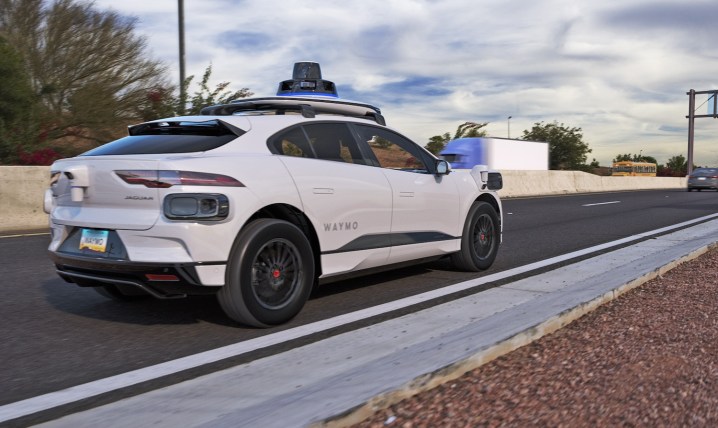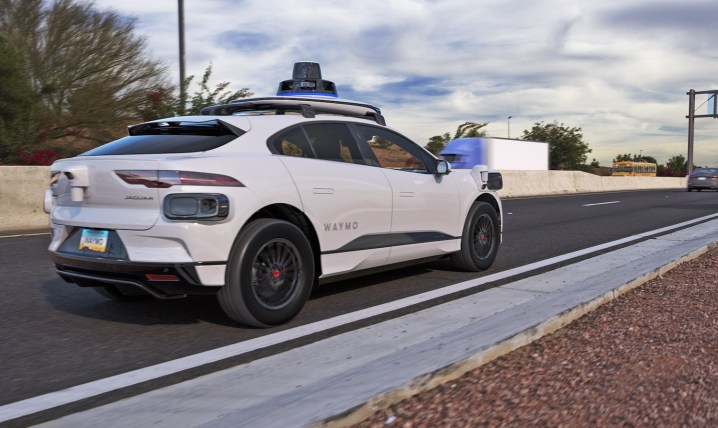
After several years of testing its autonomous vehicles on city streets without a human engineer behind the wheel, Waymo is about to send its fully driverless cars onto freeways for the first time.
The Alphabet-owned company announced the move in a blog post on Monday, signaling a notable expansion of its driverless car program.
Waymo has been offering robotaxi rides to regular folks enrolled in its Waymo One ridesharing program in Phoenix and San Francisco, but the first freeway rides across Phoenix will be limited to Waymo employees.
The company insists it’s well prepared for the fully driverless highway rides as it has “years of safe and proven experience operating fleets of rider-only vehicles on public roads across California and Arizona, and millions of miles of experience operating autonomous class 8 trucks and cars on freeways with a specialist present.”
Once the safety and comfort of the freeway service has been confirmed, regular Waymo One riders will be able to book rides through the app as usual.
“The ability to utilize freeways will be especially important as we scale our operations to other cities,” Waymo said. “For this reason, we are laser focused on our freeway ride hailing testing.”
Putting its robotaxis on highways will speed up journeys, with Waymo explaining that trip times could be reduced by as much as 50% by avoiding the slower city streets.
When Waymo started out, its cars had a human engineer behind the wheel to monitor the vehicle’s performance and ready to take control in case something went wrong. But later it received a permit allowing the cars to travel without anyone in the driver’s seat. Waymo has also been testing its cars on freeways with someone behind the wheel, but it’s now ready to go fully driverless.
The company knows that regulators, as well as the wider public, will be watching closely to see how its autonomous vehicles perform on faster roads.
Scrutiny of robotaxi services has ramped up in recent months following a serious incident toward the end of last year in which a driverless car operated in San Francisco by Waymo rival Cruise came to a stop on top of a woman immediately after she’d been knocked down by a human-driven car on the city’s streets.
The incident prompted California regulators to revoke Cruise’s permit to test its driverless cars in the state, and a short while later the General Motors-backed company withdrew all of its robocars from public roads across the U.S.
Its CEO and CTO both stepped down in November and Cruise laid off 900 of its employees, equal to about a quarter of its workforce.
Still, the company insists its work is not done, and it’s expected to resume testing some time this year.
Editors’ Recommendations
Services Marketplace – Listings, Bookings & Reviews
